China's Unrelenting Pursuit to Annex Taiwan Intensifies
16 Oct 2024 17:31:33
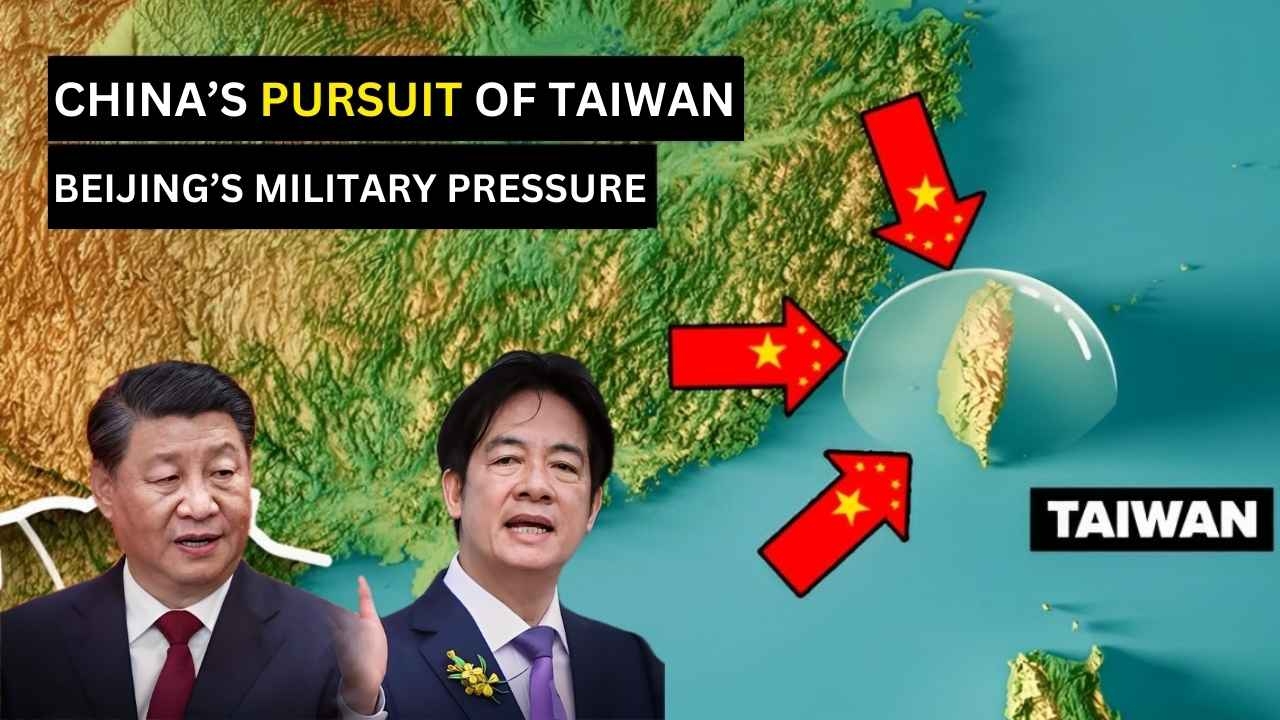
Communist China has long coveted control over Taiwan, and recent events make it clear that Beijing will stop at nothing to achieve its aim, resorting to coercion and outright threats to undermine Taiwan's sovereignty.
With large-scale military exercises, explicit refusals to renounce the use of force, and mounting diplomatic intimidation, China’s actions continue to raise alarm among the international community.
Recent war games around Taiwan are just another chapter in Beijing’s aggressive playbook. Last week, China launched yet another military drill around Taiwan, timed to coincide with Taiwan President Lai Ching-te’s National Day address.
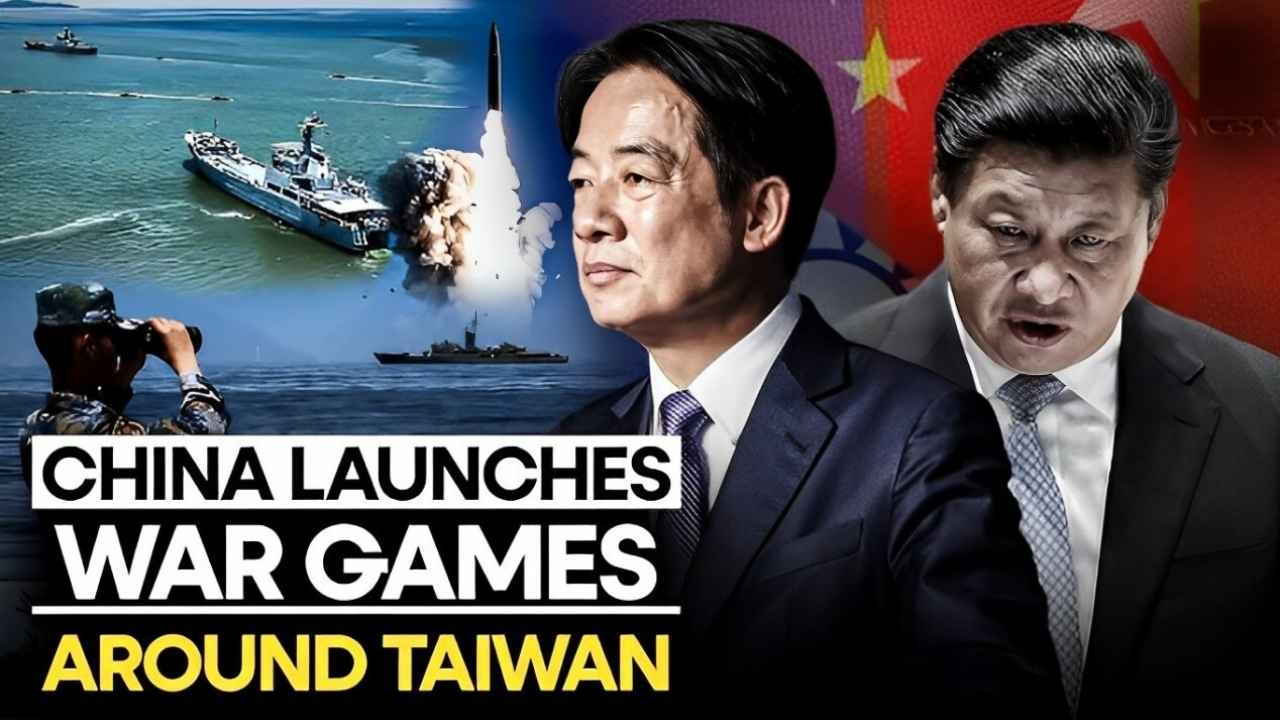
In this latest round of intimidation, China deployed warships and military aircraft, presenting an ominous threat at Taiwan’s doorstep.
Beijing referred to the exercise as a "warning to separatist acts," making it abundantly clear that any notion of Taiwanese independence is intolerable to the Chinese Communist Party (CCP).
China's rhetoric has become increasingly belligerent, and President Xi Jinping himself visited Dongshan Island—a symbolic and strategic location near Taiwan—to highlight Beijing's intent.
The Chinese government, through its Taiwan Affairs Office, emphasised that it would "never commit to renouncing the use of force" in relation to Taiwan.
Such threats are directed not only at Taiwan but also at what Beijing refers to as "external forces," an unmistakable jab at the United States and its allies, which continue to support Taiwan's democratic self-governance.
While the CCP's propaganda machine aims to frame these exercises as defensive, the reality is much more sinister.
Beijing's aim is to legitimise its use of force, sending a clear message: Taiwan must comply or face destruction.
The recent exercises, according to Taiwan’s defence ministry, serve as a psychological tactic designed to deplete Taiwanese military morale and readiness.
These actions, compounded by China’s frequent incursions into Taiwan’s Air Defense Identification Zone (ADIZ), demonstrate a blatant disregard for regional peace and stability.
China’s recent moves have sparked widespread condemnation. Director-General Tsai Ming-yen of Taiwan’s National Security Bureau remarked that these intimidation tactics have backfired, with international backlash growing stronger.
Washington, along with other allies, has reiterated its support for Taiwan, denouncing China’s belligerent actions.
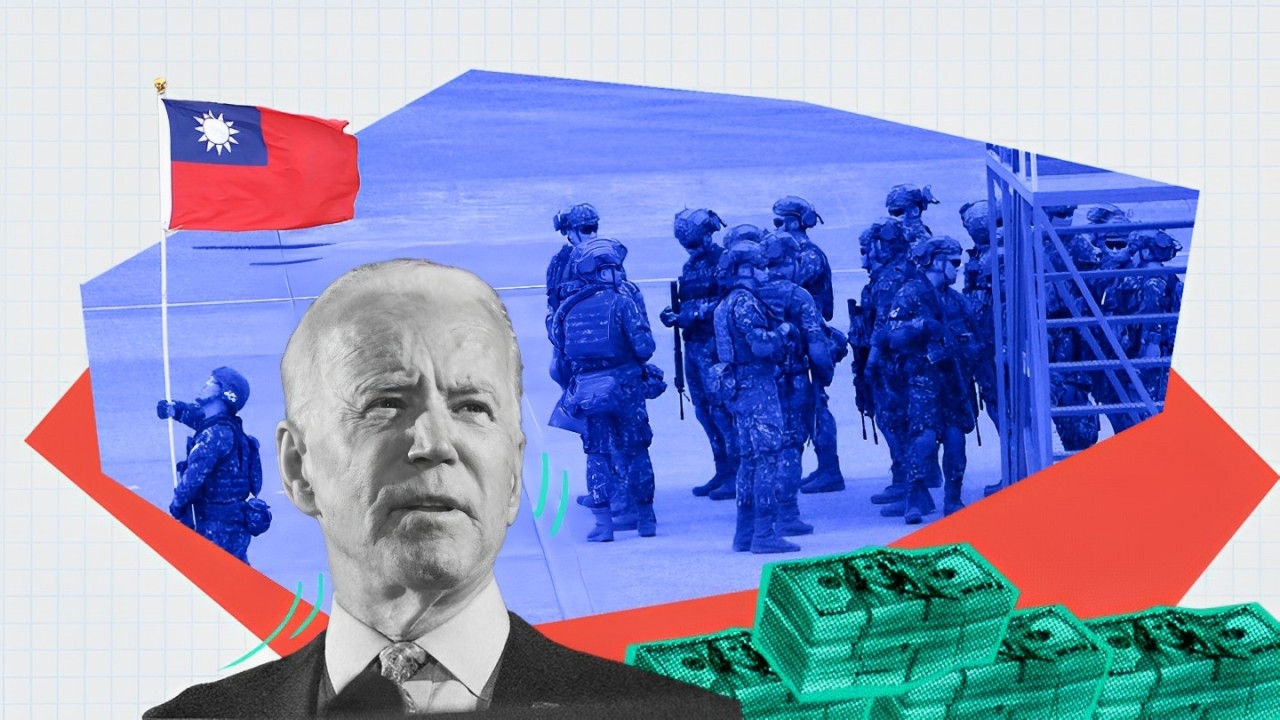
The international community is increasingly aware of Beijing’s attempt to bully a smaller democratic neighbour into submission—and this awareness has galvanised support for Taiwan's right to self-determination.
Despite China's threats, Taiwan’s government remains resolute. President Lai Ching-te, while calling out Beijing for its lack of legitimacy over Taiwan, also extended an olive branch, showing a willingness to collaborate on global issues like climate change.
Lai's approach, balancing firmness with a call for dialogue, reveals the stark contrast between Taiwan’s democratic leadership and Beijing's authoritarian stance.
It also illustrates that Taiwan’s leadership, while under constant duress, seeks peaceful coexistence rather than conflict.
In a blatant attempt to assert dominance, President Xi visited Dongshan Island, a site historically significant due to a failed Taiwanese military attempt to reclaim the mainland.
This symbolism, draped in the colours of the Communist Party, aims to remind both Taiwan and the international community of Beijing’s perceived inevitability of "reunification." Yet, this rhetoric only underscores China’s insecurity.
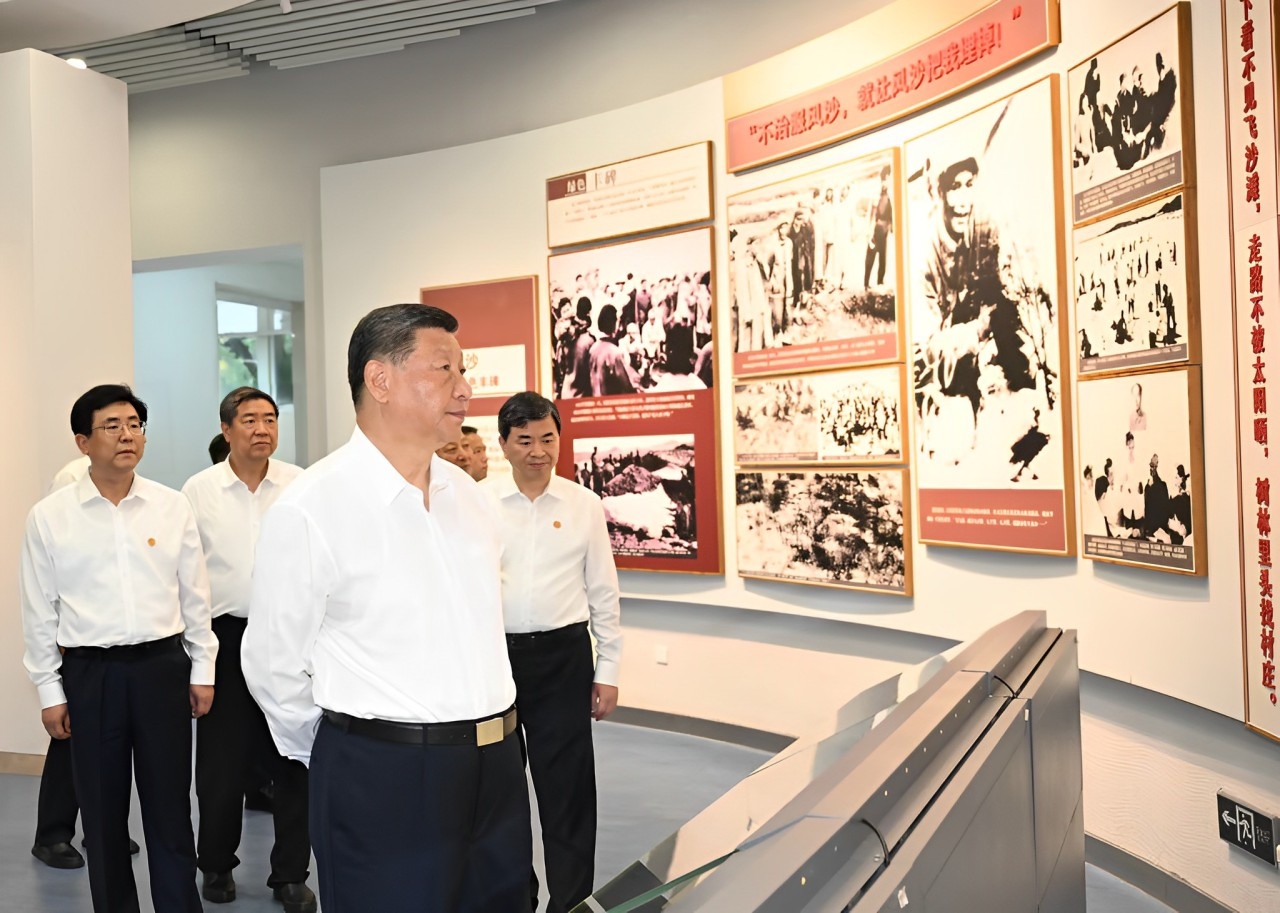
The visit was conspicuously described by state media as a part of Xi’s efforts to "revitalise the countryside" and "pass on red genes." However, the true motivation was evident—a show of force directed at Taiwan.
China’s acts of aggression are not isolated events but part of a larger, insidious campaign to intimidate Taiwan and destabilise the region.
The drills this past week were not an anomaly; they have become the norm, with Chinese military aircraft and ships frequently harassing Taiwan’s borders.
Over the past year, China has markedly increased the frequency of such incursions, often involving dozens of military aircraft breaching Taiwan’s airspace in a single day.
In response, Taiwan has bolstered its defence strategies and continued its calls for international support. The United States, a long-time ally and arms supplier, remains a critical partner for Taiwan.
U.S. naval forces have also conducted freedom of navigation operations in the Taiwan Strait, demonstrating their commitment to a free and open Indo-Pacific.
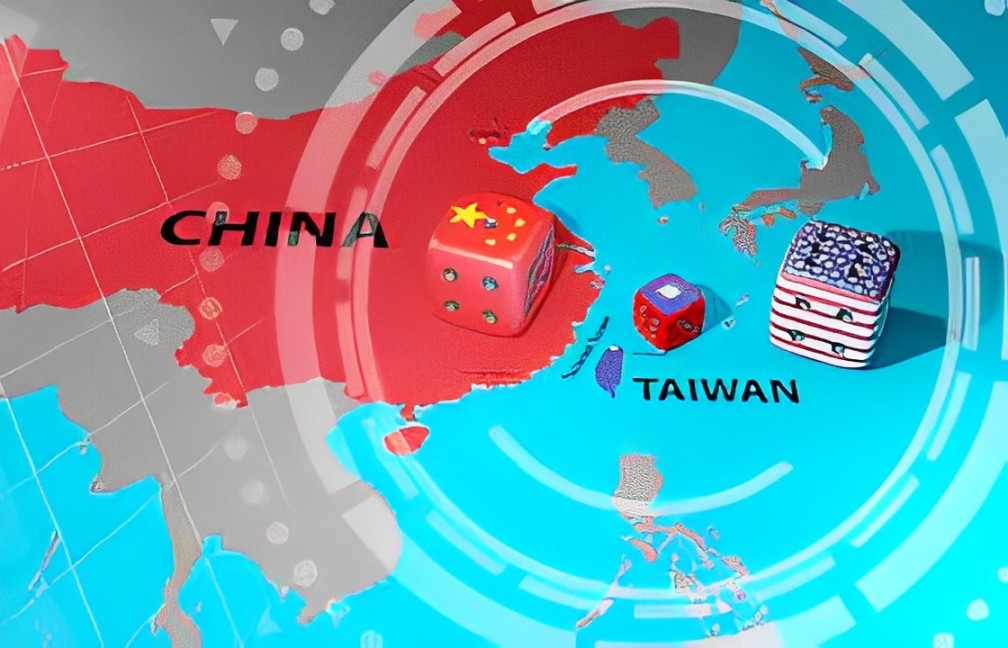
These actions are crucial in the face of an increasingly assertive China that is intent on reshaping the international order to serve its ambitions.
China’s refusal to commit to peaceful means of reunification with Taiwan signals an alarming trend.
By consistently conducting military exercises and making threatening statements, Beijing not only seeks to cow Taiwan into submission but also aims to send a message to the global community about its readiness to challenge the existing rules-based international order.
The world has seen these tactics before, and the costs of appeasing such behaviour are high.
For Taiwan, the fight is not merely about maintaining sovereignty—it is about preserving the democratic ideals that its people hold dear.
The Taiwanese government has repeatedly extended the offer of peaceful dialogue, but Beijing's refusal to engage speaks volumes about its unwillingness to respect Taiwan's right to self-determination.
The narrative is clear: while Taiwan seeks peace, China remains determined to bring the island to heel through coercion.
As Taiwan resists Beijing's aggression, it becomes a symbol of the struggle between democracy and authoritarianism. Support for Taiwan must go beyond mere words—concrete action is required to deter Beijing's expansionist agenda and protect the democratic values that Taiwan represents.
The CCP's attempts to intimidate Taiwan are a clear indication of its broader ambitions, and it is high time that democracies around the world stand firmly in solidarity with Taiwan against China’s unrelenting aggression.
Article by
Shomen Chandra
Sub Editor, The Narrative